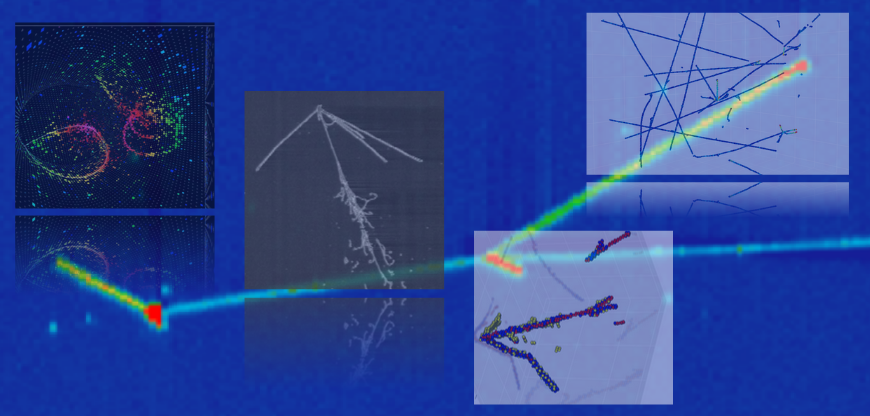Speaker
Description
Imaging is one of the main pillars of clinical protocols for cancer care that provides essential non-invasive biomarkers for detection, diagnosis and response assessment. The development of Artificial Intelligence (AI) tools, and Machine Learning (ML) in particular, have proven potential to transform the analysis of radiological images, by significantly reducing processing time, by increasing the reproducibility of measurements and by improving the sensitivity of tumour detection compared to the standard visual interpretation, leading to cancer early detection. In this talk I will highlight some of the work done in our Radiogenomics and Quantitative Image Analysis group, including examples of ML strategies to predict response to chemotherapy treatment, and highlighting areas in which there is potential for synergetic collaborations to bring state-of-the-art ML methods developed in neutrino physics to the clinic.
| Type of contribution | Talk: 30 minutes. |
|---|

